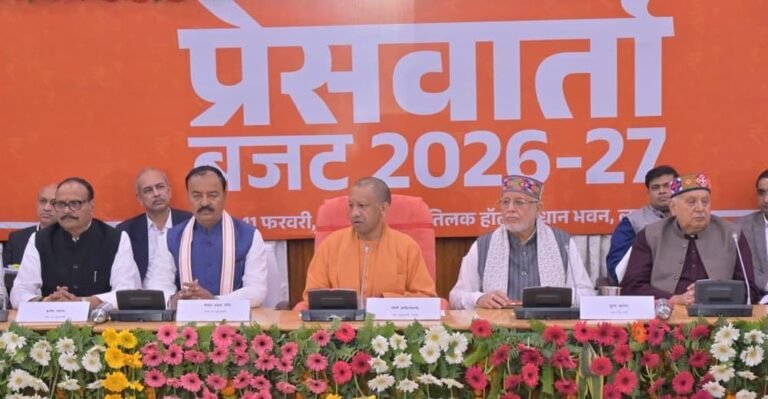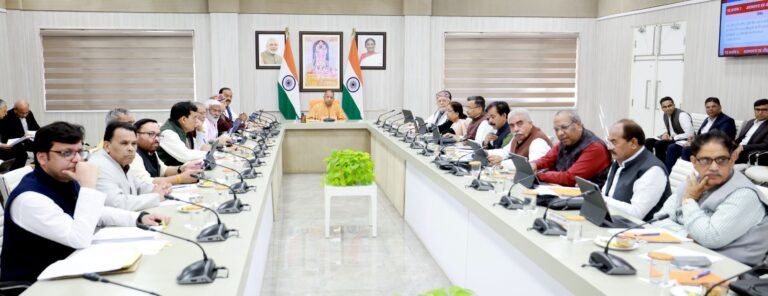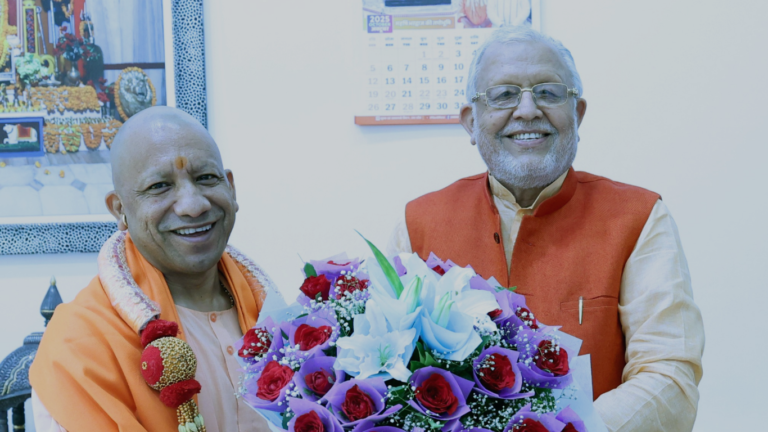
Ghazipur is a district located in the eastern part of Uttar Pradesh, India. It is a peaceful and culturally rich place that lies along the banks of the holy River Ganga. The district is part of the Varanasi division and is known for its deep-rooted traditions, educational values, and agricultural strength.
People in Ghazipur lead a simple life and have great respect for their cultural roots. Many families are involved in farming, government jobs, teaching, and small businesses. The local markets are always busy, especially on weekends, and you can find everything from traditional clothes to seasonal vegetables. Despite being a small city, Ghazipur has made its mark with education and talent. Many young people from here go on to serve in the army, civil services, and other respectable fields.
Ghazipur is also known for its calm atmosphere and a strong sense of community. Local festivals, wedding traditions, and religious events are celebrated with full energy and unity, making the district socially strong and well-connected.
Historical Background of Ghazipur
Ghazipur has a long and proud history that dates back to ancient times. It is believed that this region was visited by Lord Buddha and played a role in the development of Buddhism. During the medieval period, the area was ruled by various kings and dynasties, including the Mughals, who contributed to the art and architecture here.
One of the most famous landmarks in Ghazipur is the Ghazipur Opium Factory, which was started during British rule in 1820. This factory is still operational and is the only government-run opium plant in India. It produces medicinal opium and plays a major role in the economy of the region.
The district also has historical links with India’s freedom movement. Many freedom fighters from Ghazipur took part in the struggle against British rule. Statues, memorials, and public gardens in the city still remind us of their sacrifices and courage.
Geography and Climate of Ghazipur
Ghazipur is situated on the eastern edge of Uttar Pradesh and shares borders with districts like Ballia, Mau, and Varanasi. It also touches parts of Bihar. The district lies on the northern plains, making its soil very fertile and ideal for agriculture.
The River Ganga flows alongside the city and adds natural beauty to the area. The river also supports farming, fishing, and religious practices. Ghazipur’s landscape includes green fields, small rivers, and village paths that offer a peaceful view of rural life.
The climate in Ghazipur is typical of northern India. Summers are hot and dry, while winters are cool and pleasant. The rainy season arrives around June and helps in growing crops like paddy, wheat, sugarcane, and vegetables. The air remains fresh, especially near the riverbanks, and the sunsets over the Ganga are a beautiful sight for visitors.
Connectivity and Travel Options
Ghazipur is connected by roadways and railways. Regular buses and trains run to and from Varanasi, Lucknow, Ballia, and other nearby districts. The Ghazipur City Railway Station and Ghazipur Ghat Station serve both local and long-distance travelers. Auto-rickshaws, e-rickshaws, and tempos are commonly used for local transport.
Political Identity of Ghazipur District
Ghazipur holds an important place in the politics of eastern Uttar Pradesh. The district has a strong voice in both Lok Sabha and Vidhan Sabha elections. People here actively take part in voting and political discussions. Over the years, leaders from Ghazipur have served in state and central government roles.
Political parties like the Samajwadi Party (SP), Bahujan Samaj Party (BSP), Bharatiya Janata Party (BJP), and Indian National Congress have all had strong support here at different times. The voters are well-aware of issues like roads, health, education, and employment, and expect development from their elected representatives.
In recent years, youth in Ghazipur have shown great interest in politics. Social media and awareness drives have increased public involvement. Women’s participation in elections has also grown, especially in rural areas
Education and Growth in Ghazipur
Ghazipur has many schools and colleges that provide education in arts, science, commerce, and professional fields. Students from here often travel to Varanasi or Allahabad for higher studies and coaching. The literacy rate is improving, and digital learning has slowly started reaching villages too.



